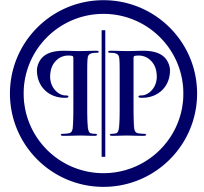Project Parker can consult with your organisation to create a project management framework by leveraging risk management, stakeholder management, financial management, configuration management and communication management to ensure key stakeholders are;
- kept informed on the project’s progress;
- willing to participate in the project’s success;
- able to make informed decisions to steer the project’s to success.
Typically, meetings are setup at multiple levels or organisational hierarchy to communicate and manage the information flow for the project to succeed. These can take the form of steering meetings, catch-up meetings, demonstrations, planning meetings, retro’s, lessons learned and surveys to name some of the examples.
At the beginning of any engagement, Project Parker will discuss with you what existing monitoring and control practices are in place and/or engage with you in introducing monitoring and control measures for your project. Project Parker offers consulting services to carry out reviews and recommendations as well as contracting services to implement any monitoring and controls agreed upon. Enquire Now

